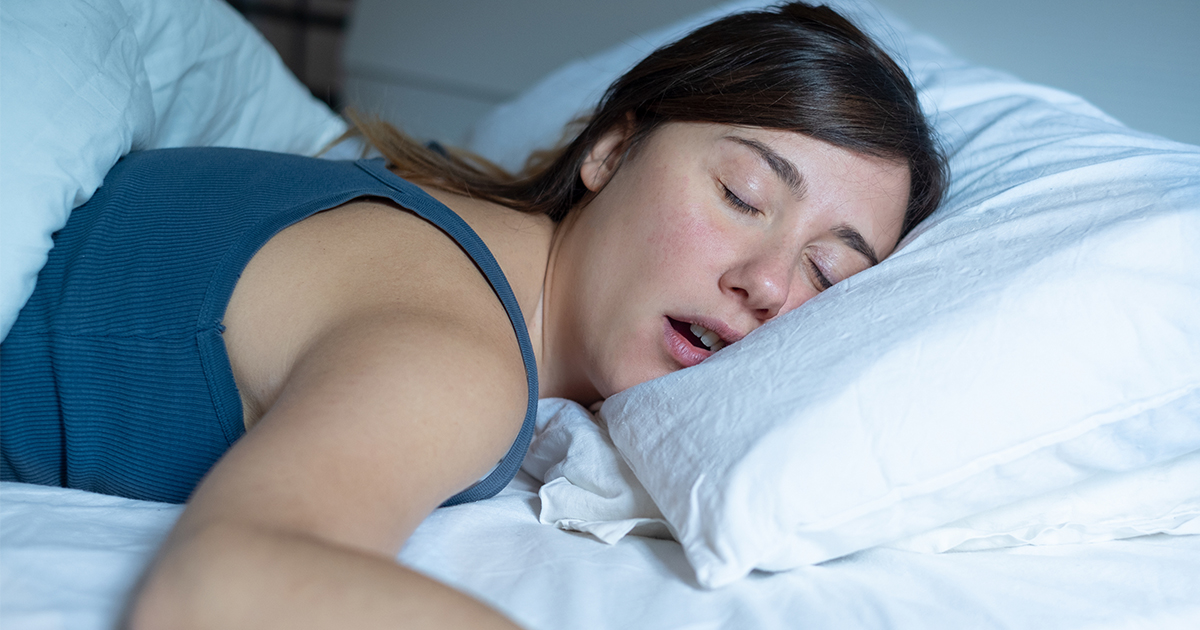Teenagers who struggle to sleep for long periods of time tend to eat more sugary foods than those who get the recommended amount of sleep, latest research has reported.
Academics from Brigham Young University found that sugar intake amongst teenagers with broken sleep was 4.5 pounds higher each year than those with ‘healthy’ sleep.
They also found that a lack of sleep during teenage years triggers weight gain and escalates the risk of cardiometabolic conditions developing.
Sleep is essential during adolescence as development is key during these years, the study reported.
- The time you go to sleep can affect your heart, researchers claim
- Lack of sleep alters children’s facial expressions and may predict social problems
Statistics from the American Academy of Pediatrics have revealed that more than 70 per cent of teenagers sleep for less than eight to ten hours each night, which is the advised daily amount.
Previous studies have found a connection between shortened sleep and bad mental health, low academic ability and behaviour issues.
First author Dr Kara Duraccio said: “Shortened sleep increases the risk for teens to eat more carbs and added sugars and drink more sugar-sweetened beverages than when they are getting a healthy amount of sleep.”
During the two-week study, the team of researchers examined the eating behaviours of more than 90 teenage participants who adopted two different sleeping patterns – a short sleep of six hours for one week and a long sleep of nine hours for the other.
In addition, the scientists recorded the calorie consumption, macronutrient intake and the glycaemic load of the foods consumed by the participants.
They discovered that when the teenagers were taking part in the short sleep trial, sugar intake was much higher than when in the long sleep phase.
Additionally, they found that fruit and vegetable consumption was lower when the participants were undergoing short sleep.
Dr Duraccio said: “What’s interesting is that getting less sleep didn’t cause teens to eat more than their peers getting healthy sleep; both groups consumed roughly the same amounts of calories of food, but getting less sleep caused teens to eat more junk.
“We suspect that tired teens are looking for quick bursts of energy to keep them going until they can go to bed, so they’re seeking out foods that are high in carbs and added sugars.”
According to the findings, teenagers getting a lack of sleep ate an additional 12 grams of sugar every day – resulting in 4.5 pounds of extra sugar consumed each year.
- Sleep throughout the ages: changes in your needs for sleep
- Sleep deprived first-time mums at risk of ‘knocking years off their life’, evidence reveals
Dr Duraccio said: “We know that pediatric obesity is an epidemic, and we’ve focused on a lot of interventions to try and address it, but sleep is not one of the things that researchers tend to focus on.
“If we are really trying to discover preventative strategies or interventions to increase optimal weight in teens, getting enough and well-timed sleep should be at the forefront of our efforts.”
She added: “We don’t recognise that getting enough sleep helps you accomplish your to-do list better.
“Sleep health should be incorporated into all prevention and intervention modules for child obesity.”
The full set of results can now be accessed in the medical journal Sleep.




